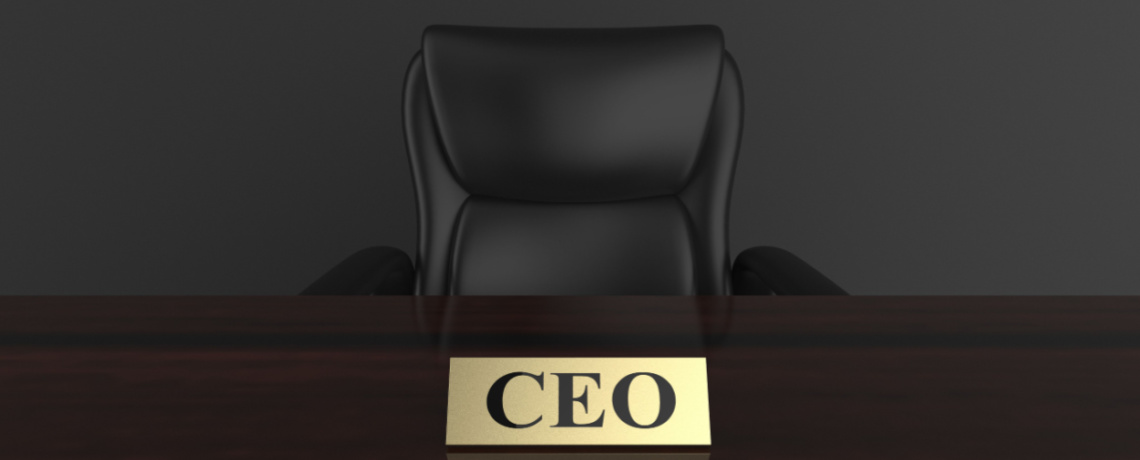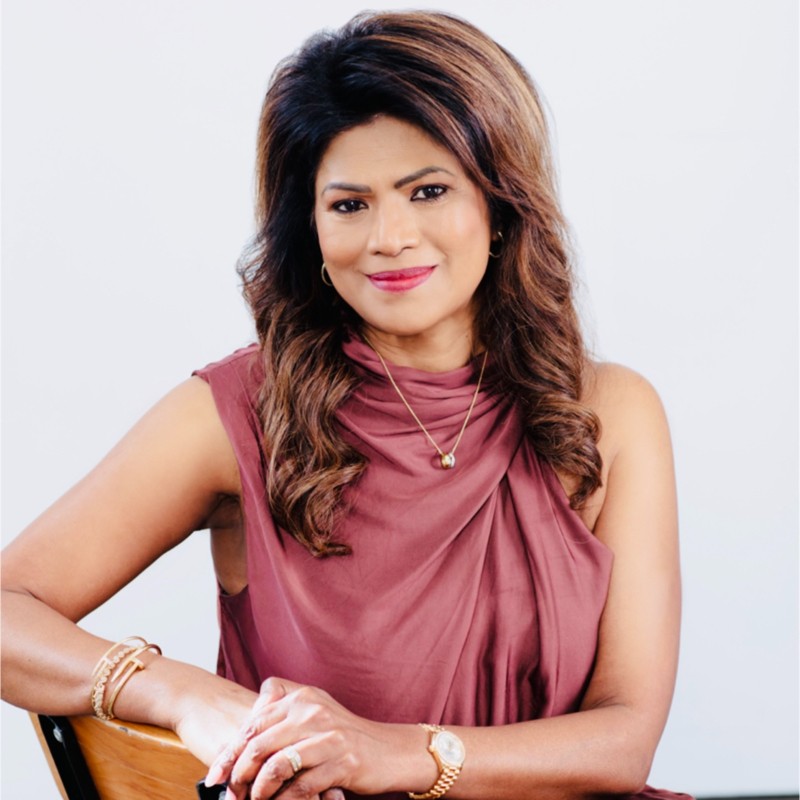
- Author: Jayne Ramlakan GAICD
- Posted: August 15, 2023
CFO to CEO – Things I know now that I wish I’d known then
The transition from CFO to CEO is more than a mere title change; it’s a complete shift in responsibilities, mindset and focus. In this exclusive article, Jayne Ramlakan GAICD, a highly experienced finance leader & CFO reflects on her journey to and as a Chief Executive Officer. With unique insights and candid reflections, she shares the key learnings of her journey, elucidating the challenges and triumphs that came with navigating this pivotal career transformation.
As much as living and working in different countries, as well as being a mum has many advantages but for me personally, it also came at a cost to my career. I remember having this conversation with my coach at that time and we decided that we needed to look at my career more strategically and formulated a 10-year action plan with key milestones.
Becoming a CEO is something I aspired to achieve, and thought that by taking the necessary steps to embrace a holistic nature of leadership, driving growth, building great teams, fostering innovation, and creating a positive impact on the organisation, will prepare me for the role.
However, nothing prepared me for the CEO role. The quote by author Ben Horowitz, “nothing prepares you for running a company, except running a company” rang true to me. Whilst education, mentorship, and networking provide valuable insights, however, the practical skills required for running a company are unique and complex.
These are SIX key things I needed to learn to do differently when becoming a CEO
- Leadership is part of life
For most of my life, external factors such as the title, circumstances, and what my family, friends, and leaders thought, played a major part in my decision-making process. As a CEO, I had to change my mind set to self-leadership very quickly, to what did I think? This often took me to a place of fear, excitement, or both, but as Susan Jeffer says “Feel the fear and do it anyway” became my mantra. As my self-leadership confidence grew, I found myself morphing more into the internal pressure to succeed rather than giving in to the external pressure to please others.
2. Planning
As a CFO, you have touch points in every part of the company but are more focused on key areas within the company. As a CEO, you are leading a company with time horizons in the future. The foresight for future planning and adaptability to changing circumstances can be overwhelming at times. I found having the mindset of continuous learning increased my ability to plan better and adapt proactively as one can only perform to one’s current knowledge, skills, and capabilities.
3. Seek help
Relationships do noticeably change once you are the CEO. The shift in relationships is an important factor to seek counsel beyond the company walls. When I sought more independent help outside the company including that of an executive coach with operational experience, I found the tools and tactics to navigate through the opportunities and challenges. It is lonely at the top and I found that having someone to partner me on this journey made me more effective. It is something I wish I had done sooner as having access to a broader, unbiased perspective would have allowed me to make the necessary changes sooner and articulate the expectations earlier. During the past few years, as a business, we had to deal with multiple challenges such as skills shortages, supply chain problems, etc, and having an external sounding board helped me resolve these issues much faster and with greater success.
4. Psychological Responsibility
This is something I underestimated and was more magnified during the pandemic. I underestimated the depth of psychological responsibility you feel for every human being that is part of or interacts with the company. In my previous roles, I was always accountable to my teams and leaders but this felt so much different and more than I anticipated.
Creating psychological safety meant me having the mindset of wanting to bring out the best version of everyone. It also meant that my actions needed to be louder than my words. One of the ways that I found effective in creating psychological safety was to encourage a culture of learning. It was acknowledging that every decision or behaviour will not lead to the success we hope for. How you as a CEO handle setbacks and failures set the tone for the entire organisation. Reframing the word “failure” as learning encouraged a culture of experimentation, innovation, and positive dialogue.
5. Bursting the CEO Bubble
This was something very high on my priority list. The CEO role involves making decisions in a complex and ever-changing business environment. Being comfortable with ambiguity and making decisions with imperfect information is essential. However, the decision cannot be clouded by misinformation. The higher you are up in the company, the thicker the bubble gets, and getting information or feedback can be challenging. In the interest of transparency, I did not understand this concept initially and found myself making decisions that did not serve the greater good of the company.
The following are some of the effective strategies that I used to burst the bubble:
- Arrange more one on one meetings with front-line staff
- Redesign the organisational structure with fewer layers
- Seek feedback by asking questions
- Being curious
6. Effective Communication
The response that I was receiving and how my message was perceived was an indication that my communication skills were as not effective as I thought they were. I had to re-learn how to be an effective communicator as the audience had changed to an extent, and became much larger. I knew that tone, language, narrative, non-verbal communication, etc are important techniques for effective communication. However, the more I studied communication, the more I realised how little I knew of effective communication. Building on my existing communication skills with new techniques such as Neuro-Linguistic Programming (NLP), modalities of communication as well as active listening skills, increased my mastery to inspire, influence, motivate, and engage for impact.
The journey of the CEO is a wonderful opportunity and a vertical learning process. Unfortunately, there is “no grand playbook” for this role. The lessons learned and wisdom gained have shaped this to be the most rewarding and humbling experience of my career.
About the Author –

Drawing from more than 30 years’ experience as a senior leader, Jayne Ramlakan has embarked on a journey to help business owners and aspiring executives navigate the complexities of business landscape. Her transition into coaching stems from a deep-seated belief in the potential of every individual to achieve greatness, given the right guidance and knowledge. She strongly believes in fostering a collaborative partnership with clients, tailoring coaching sessions to meet individual needs and aspirations. Jayne is a certified business & executive coach with ActionCoach.
Stay connected with Jayne via https://melbournewest.actioncoach.au/ or LinkedIn where she will share inspiring stories from her coaching journey.








